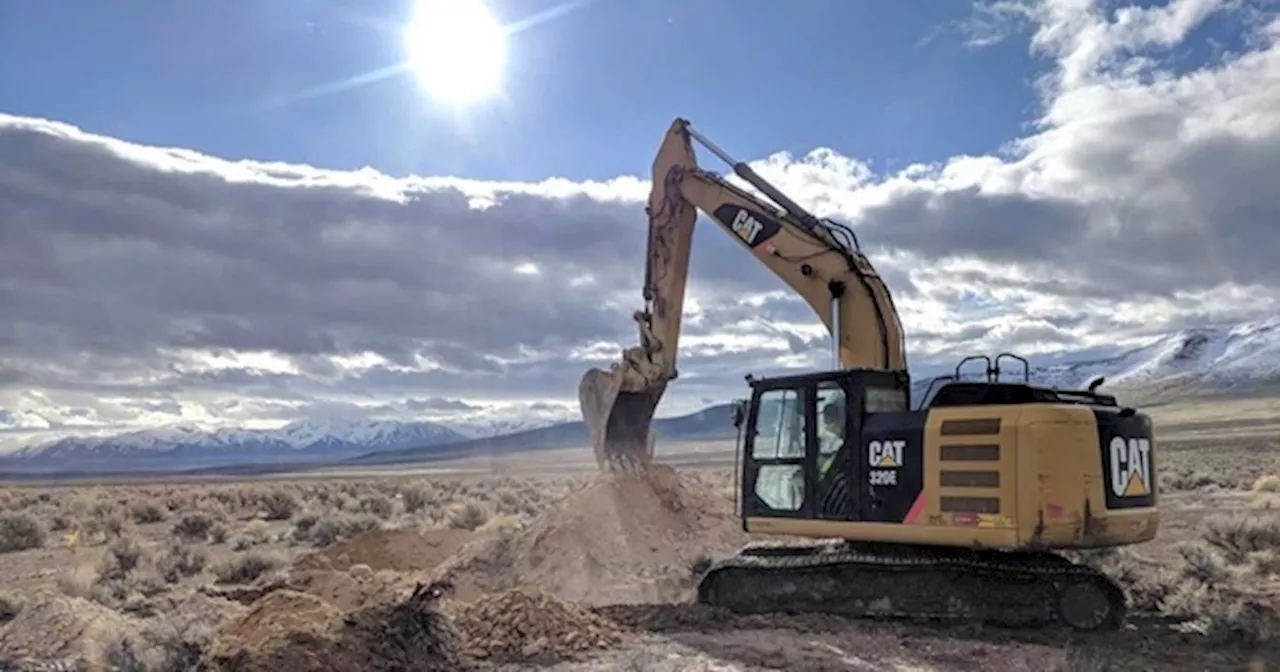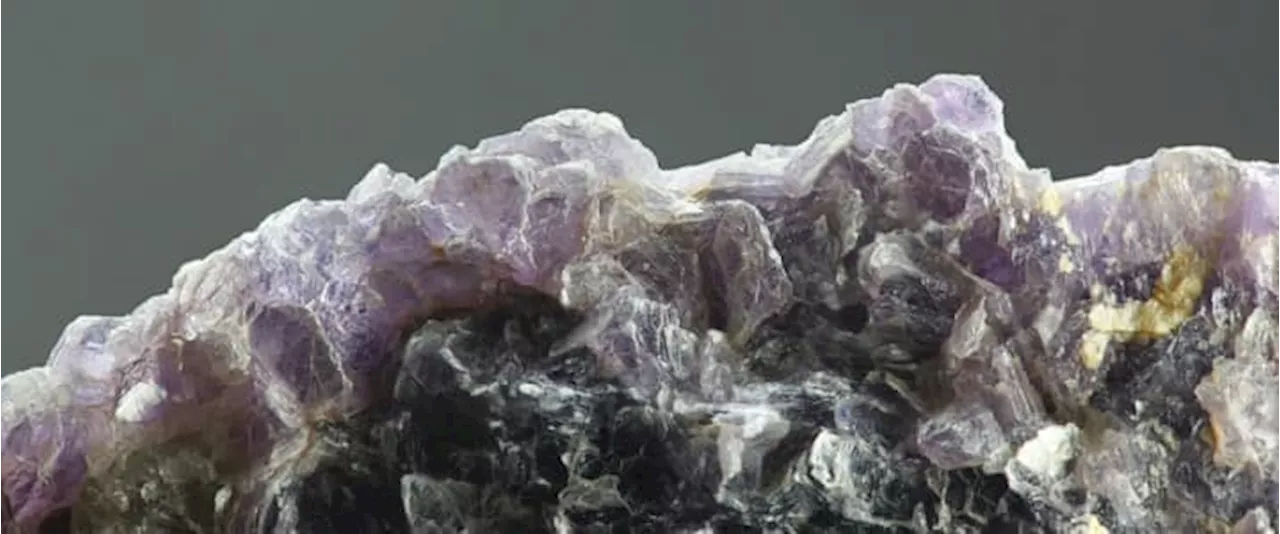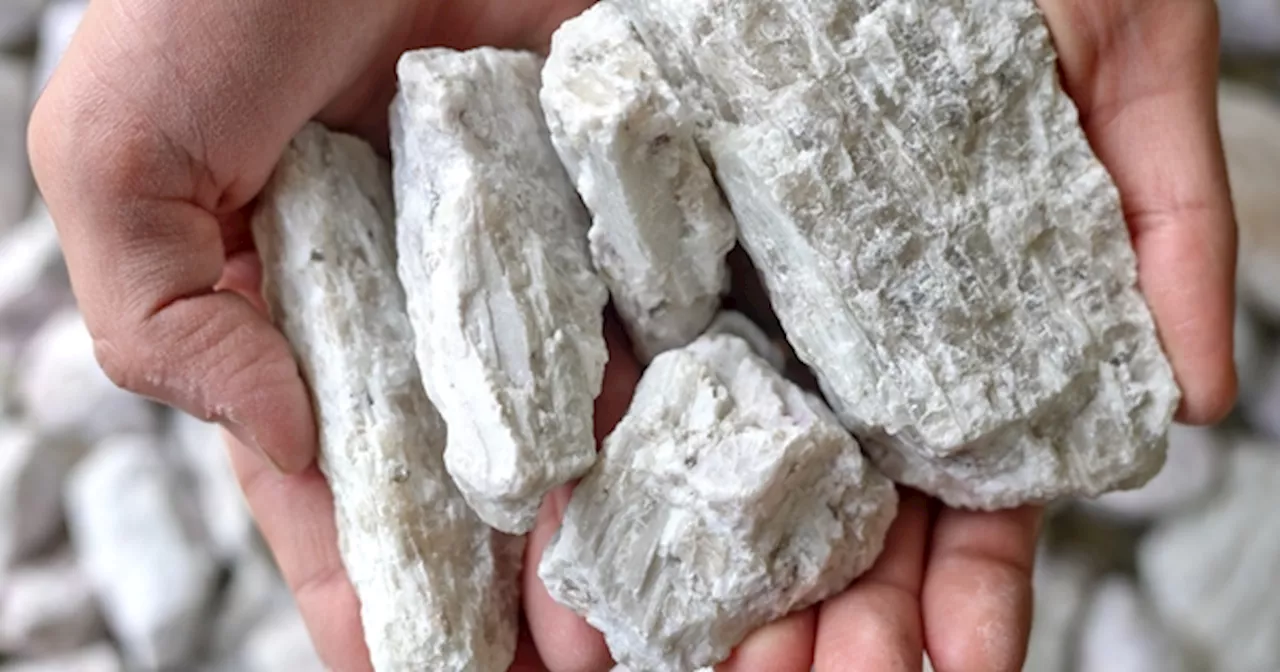A new study from Duke University examined the legacy of lithium mining on water quality in North Carolina, focusing on the Kings Mountain Mine. While the research found low levels of common contaminants, it also identified elevated concentrations of lithium, rubidium, and cesium, raising questions about their potential health and environmental effects.
The heat for lithium is growing, but little remains known about the impact of popular mining methods. In light of this, a recent Duke University study looked into the historic impact of lithium mining on water in the US. Led by Avner Vengosh from the Nicholas School of Environment, the study looks at a legacy mine in the Piedmont region of North Carolina, investigating the effect of old mining methods on water quality.
'The world is increasingly relying on lithium for the green-energy transition, but previous studies on the environmental effects of hard-rock lithium mining show mixed results,' Vengosh said. 'This study provides new, important data to clarify the possible environmental impacts.'Vengosh and his team focused on the Kings Mountain Mine, once the largest lithium-producing site in the world. The mine operated from the 1950s until its abandonment in the 1980s and remains a critical case study for evaluating the environmental footprint of lithium extraction.Low toxicityThe researchers conducted an analysis of water and rock samples from the old mine site. Samples of groundwater, surface water from Kings Creek, and various Piedmont streams were collected and analysed alongside pegmatite ore and mining waste materials such as tailings and waste rocks.Laboratory leaching experiments were also used to simulate the natural release of elements from these materials.Overall, the findings revealed low levels of common contaminants such as arsenic, lead, copper, and nickel, all of which were below the drinking water and ecological standards set by the US Environmental Protection Agency (EPA).'The fact that we don't see these toxic contaminants was, in some way, a relief,' Vengosh said. 'It suggests that future lithium exploration in North Carolina would not cause major negative water quality effects with respect to these elements,' Vengosh said in a release by the university. Not out of troubleWhile the toxic metal results were positive, the study identified significant concentrations of lithium, rubidium, and cesium in the waters associated with the mine. 'We detected elevated concentrations of lithium, which was expected, but also found rubidium and cesium at levels you normally don't see in natural waters, and that are not federally regulated,' said first author Gordon Williams. 'An outstanding question, then, is how these elements affect human and environmental health.' Unlike other types of mining, such as coal, the Kings Mountain site did not produce acidic runoff. Instead, interactions between the ore, waste rock, and water created temporary alkaline conditions, likely due to the presence of phosphate and spodumene in the ore.Processing costThe Kings Mountain Mine is historically significant, but also has implications for the resurgence of lithium mining in the region. As demand for lithium-ion batteries for electric vehicles and energy storage grows, hard-rock lithium deposits like those in North Carolina's Tin-Spodumene Belt are poised for renewed interest.A yet underexplored area is the impact of lithium processing on the environment and water. 'Excavating and crushing ore is just one aspect of lithium mining. Processing — which requires a chemical treatment to separate lithium from spodumene — may include additional chemicals that could potentially affect water quality,' Williams said. 'When lithium mining ramps up again in this area, processing could have impacts on local water resources that we didn't measure,' he said. Reports from other regions, such as Central Europe and China, have shown a range of outcomes, from high pH levels to the presence of arsenic, lead, and manganese in mining-affected waters.The findings also highlight the need for updated regulatory frameworks to address elements like rubidium and cesium, which are not currently subject to federal drinking water standards
LITHIUM MINING WATER QUALITY ENVIRONMENTAL IMPACT KINGS MOUNTAIN MINE DUKE UNIVERSITY ENERGY TRANSITION
United Kingdom Latest News, United Kingdom Headlines
Similar News:You can also read news stories similar to this one that we have collected from other news sources.
 Lithium Americas' Thacker Pass Becomes World's Largest Lithium ReserveLithium Americas' Thacker Pass project in Nevada has become the world's largest lithium reserve after the company updated its resource estimates. The proven and probable reserve estimate has surged to 14.3 million tonnes of lithium carbonate equivalent, representing a 286% increase. Measured and indicated resources have nearly tripled to 44.5Mt LCE.
Lithium Americas' Thacker Pass Becomes World's Largest Lithium ReserveLithium Americas' Thacker Pass project in Nevada has become the world's largest lithium reserve after the company updated its resource estimates. The proven and probable reserve estimate has surged to 14.3 million tonnes of lithium carbonate equivalent, representing a 286% increase. Measured and indicated resources have nearly tripled to 44.5Mt LCE.
Read more »
 Rio to invest $2.5 billion to expand RinconEying output of 60,000t lithium carbonate, 60-year mine life
Rio to invest $2.5 billion to expand RinconEying output of 60,000t lithium carbonate, 60-year mine life
Read more »
 West Red Lake Gold Mines Unveils Prefeasibility Study for Madsen Gold MineWest Red Lake Gold Mines has released a prefeasibility study (PFS) outlining plans for the Madsen gold mine project in Ontario, Canada. The PFS forecasts average annual production of 67,600 ounces of gold over a six-year period, within a 7.2-year mine life. The project boasts an estimated after-tax net present value of C$315 million and an internal rate of return of 255%.
West Red Lake Gold Mines Unveils Prefeasibility Study for Madsen Gold MineWest Red Lake Gold Mines has released a prefeasibility study (PFS) outlining plans for the Madsen gold mine project in Ontario, Canada. The PFS forecasts average annual production of 67,600 ounces of gold over a six-year period, within a 7.2-year mine life. The project boasts an estimated after-tax net present value of C$315 million and an internal rate of return of 255%.
Read more »
 North American Lithium Projects Gain Momentum Despite Market WeaknessDespite falling lithium prices in 2024, major lithium projects in Canada and the US are advancing. Volkswagen has invested in Patriot Battery Metals, securing a long-term offtake agreement, while General Motors acquired a stake in Lithium Americas Corp's Thacker Pass project. These developments signal a shift towards strengthening the North American lithium supply chain.
North American Lithium Projects Gain Momentum Despite Market WeaknessDespite falling lithium prices in 2024, major lithium projects in Canada and the US are advancing. Volkswagen has invested in Patriot Battery Metals, securing a long-term offtake agreement, while General Motors acquired a stake in Lithium Americas Corp's Thacker Pass project. These developments signal a shift towards strengthening the North American lithium supply chain.
Read more »
 Zijin Mining to Start Lithium Production at Disputed DRC Project in 2026Zijin Mining Group plans to begin mining at the Manono lithium project in the Democratic Republic of Congo, sparking a legal dispute with AVZ Minerals and CATL.
Zijin Mining to Start Lithium Production at Disputed DRC Project in 2026Zijin Mining Group plans to begin mining at the Manono lithium project in the Democratic Republic of Congo, sparking a legal dispute with AVZ Minerals and CATL.
Read more »
 Massive Lithium Discovery Could Supercharge US Energy IndependenceA huge lithium find near the border of Oregon and Nevada could significantly boost the US's ability to produce its own lithium and lessen its reliance on China.
Massive Lithium Discovery Could Supercharge US Energy IndependenceA huge lithium find near the border of Oregon and Nevada could significantly boost the US's ability to produce its own lithium and lessen its reliance on China.
Read more »
